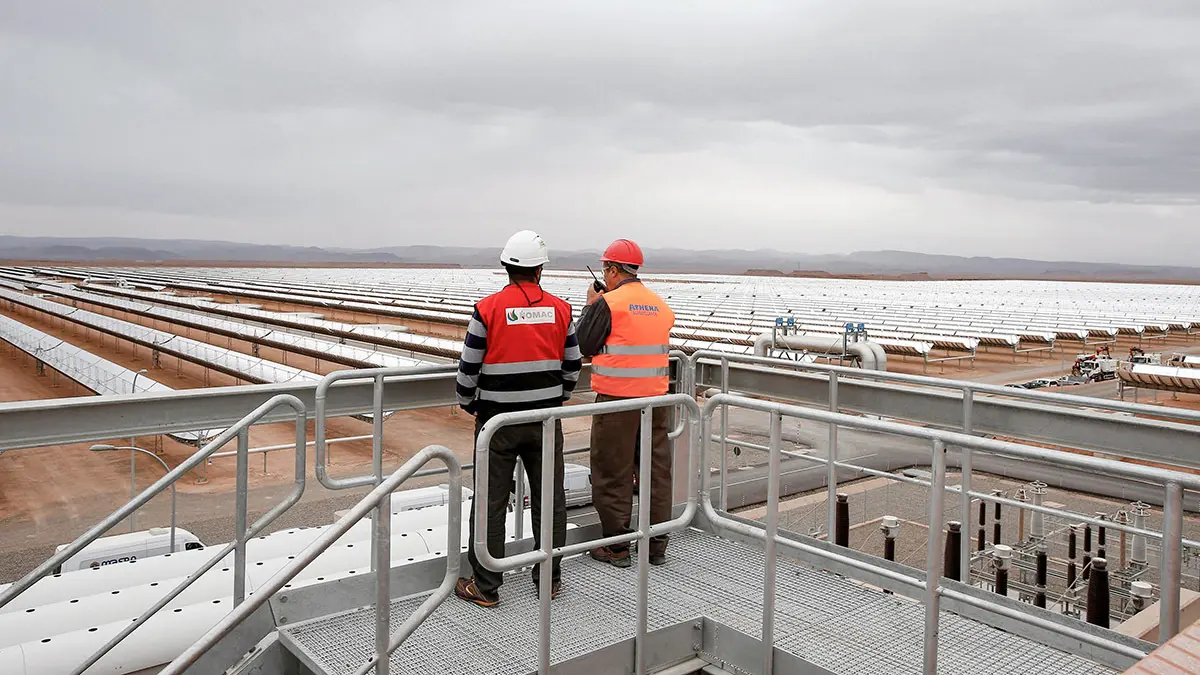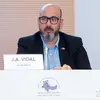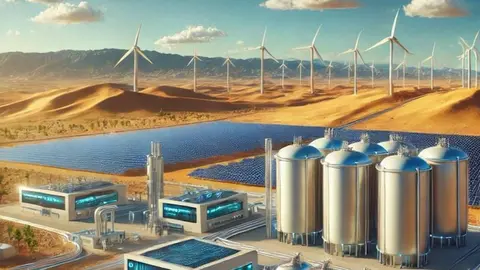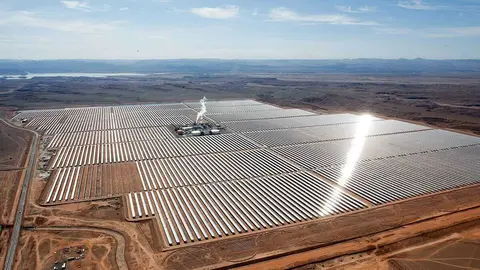Morocco and its unrelenting commitment to renewable energy: a strategy of African leadership

Morocco seems to have taken that maxim literally and, when it comes to renewable energy, it is playing a winning hand. The data backs this up: with the approval of the ANRE - Autorité Nationale de Régulation de l'Électricité, the country will increase its renewable energy capacity to 9,338 MW by 2029, an increase of 29% over the previous year. This is not just a piece of data. It is a clear message: Morocco is not willing to be a secondary player in the continent's energy revolution.
Already the second country in Africa in terms of renewable energy production, Morocco has built a model that combines pragmatism and innovation. Flexibility in the management of the electricity grid, the publication of hosting capacities for private operators and the strengthening of the security of the energy system are not mere bureaucratic technicalities. They are the roadmap of a country that seeks to consolidate itself as a reference in the energy transition.
The flagship projects of this strategy are irrefutable proof of the commitment: Noor Ouarzazate, the world's largest solar thermal power plant, already generates 582 MW and supplies clean electricity to 1.3 million homes, avoiding the emission of more than 800,000 tonnes of CO₂ per year. Added to this is the recent Jbel Lahdid wind farm, with an additional 270 MW, and the ambitious Xlinks project, which will connect Morocco with the United Kingdom via a high-powered undersea cable, exporting electricity generated by sun and wind.
But this growth not only strengthens the country's energy security, it also boosts the manufacturing industry associated with renewable energy, especially in the wind sector. Morocco has realised that it is not enough to install wind turbines and solar panels: it is key to develop a local industry capable of manufacturing, assembling and supplying the essential components for these projects. From the production of blades and towers to the integration of innovative solutions in the supply chain, the Moroccan industrial sector has a unique opportunity to consolidate itself as a regional hub in the manufacture of renewable technology.
In a world where energy stability is a precious commodity, Morocco is not only working to protect itself from fluctuations in international markets, but is also positioning itself as a reliable and strategic supplier. Its commitment is not only to clean energy, but to a solid industry that transforms this advantage into economic growth and skilled employment.
Because in the energy transition, as in great deeds, there is no room for the lukewarm.
Juan Antonio Vidal
Plant Manager InCom Composites Morocco SARL



